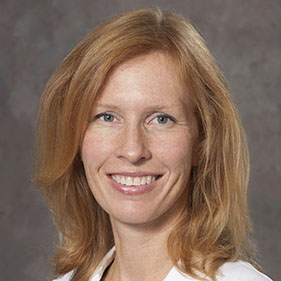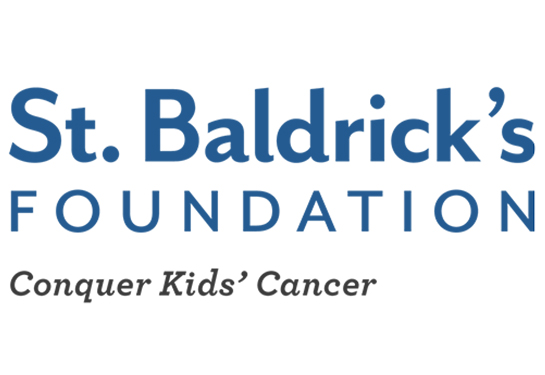Study finds higher risk of chronic illnesses among young cancer survivors
UC Davis joins multi-institutional study revealing long-term health challenges for young cancer survivors
UC Davis Comprehensive Cancer Center joined a first-of-its-kind study conducted by researchers at multiple institutions in California to study adolescent and young adult (AYA) cancer patients. The research found that young cancer survivors face significantly higher risks of developing chronic medical conditions compared to their peers without cancer.
The findings were published in Cancer, the journal of the American Cancer Society. Results underscore the urgent need for long-term survivorship care and proactive health management in this growing population.
The study analyzed data from 14,917 patients from Kaiser Permanente Northern California and Kaiser Permanente Southern California aged 15 to 39 who survived at least two years after being diagnosed with one of 11 common cancers between 2006 and 2020. These survivors were compared to a cohort of 149,164 individuals without cancer, matched by age, sex, calendar year and Kaiser Permanente location.
Researchers found that by five years post-diagnosis, the cumulative incidence of chronic conditions was highest for thyroid issues (17.4%), respiratory problems (6.6%) and cardiovascular (5%) and liver (4.8%) disease. At the 10-year mark, nearly 40% of cancer survivors had developed at least one chronic condition, compared to 26% in the non-cancer cohort.
“AYA cancer survivors had a two-fold increased risk of being diagnosed with any chronic medical condition,” said UC Davis Comprehensive Cancer Center epidemiologist Theresa Keegan, the principal investigator of the Valuing Opinions and Insight from Cancer Experience (VOICE) study. “This risk was even higher for survivors of hematologic cancers and those diagnosed with distant stage disease.”
The study also revealed that survivors were 2.3 times more likely to develop two or more chronic conditions. Elevated risks were consistent across sociodemographic groups, including race, ethnicity, and insurance status, within this insured population.
Adolescent and young adult cancer survivors had a two-fold increased risk of being diagnosed with any chronic medical condition.”—Theresa Keegan UC Davis Comprehensive Cancer Center epidemiologist.
Previous research had identified increased risks for cardiovascular disease and other late effects among AYA cancer survivors, but this new study is among the first to quantify the burden of chronic conditions across cancer types and demographic subgroups using a matched comparison cohort.
“These findings highlight the importance of long-term surveillance and lifestyle interventions to mitigate risk,” said Keegan. “We need to ensure that survivorship care plans include strategies for early detection and management of chronic diseases to reduce premature mortality.”
The VOICE study builds on earlier work and fills critical gaps in understanding how cancer impacts long-term health outcomes in young people. It also emphasizes the need for tailored survivorship care that considers cancer type, stage at diagnosis and sociodemographic factors.
As cancer survival rates improve, the number of AYA survivors continues to grow. This study provides valuable insights for health care providers, policymakers, and patients alike, reinforcing the importance of comprehensive, long-term care strategies for this vulnerable population.
Read the full paper for a complete list of co-authors and information on the study’s funding.
UC Davis Comprehensive Cancer Center
UC Davis Comprehensive Cancer Center is the only National Cancer Institute-designated center serving the Central Valley and inland Northern California, a region of more than 6 million people. Its specialists provide compassionate, comprehensive care for more than 100,000 adults and children every year and access to more than 200 active clinical trials at any given time. Its innovative research program engages more than 240 scientists at UC Davis who work collaboratively to advance discovery of new tools to diagnose and treat cancer. Patients have access to leading-edge care, including immunotherapy and other targeted treatments. Its Office of Community Outreach and Engagement addresses disparities in cancer outcomes across diverse populations, and the cancer center provides comprehensive education and workforce development programs for the next generation of clinicians and scientists. For more information, visit cancer.ucdavis.edu.





